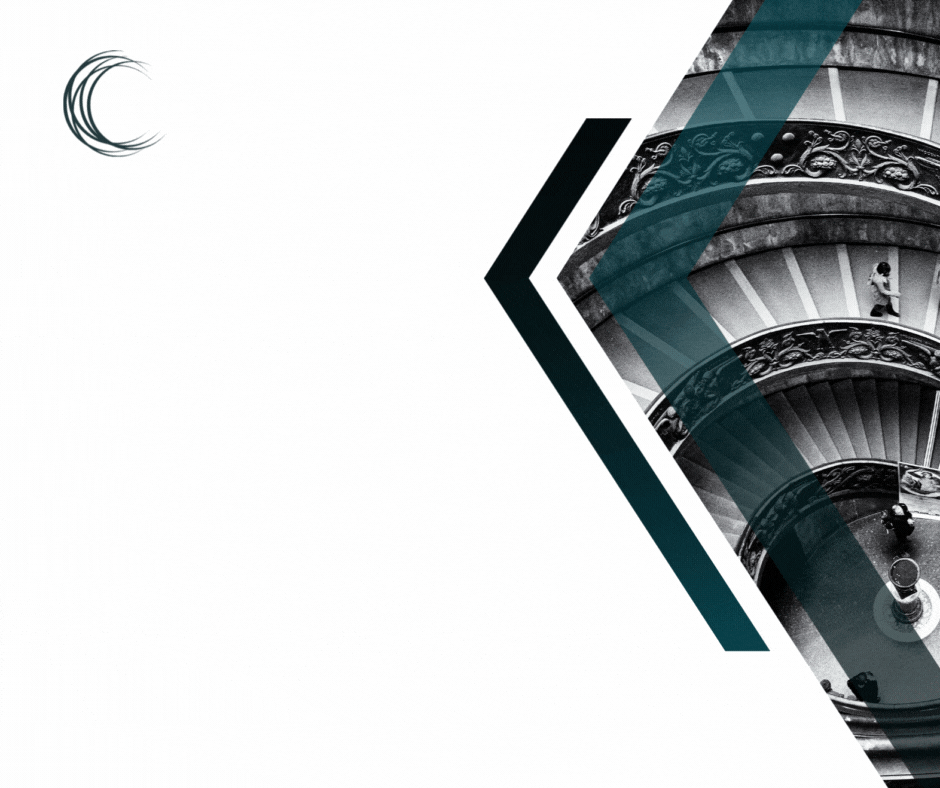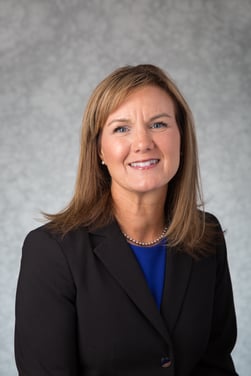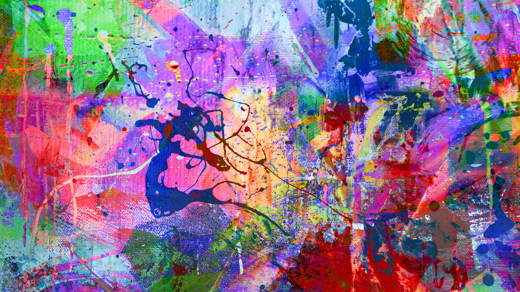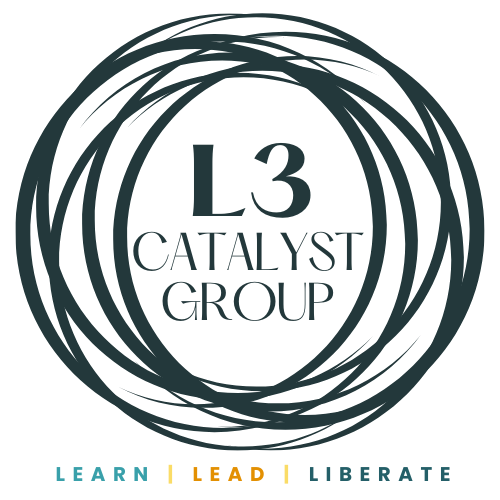Dissipating the Shadow of Expertise
Today, we hear from Dr. Marlene Kowalski-Braun, a brilliant, brave, and badass human and educator.
Over the last few weeks, we've heard from leaders in our series unpacking L3 Catalyst Group's Ls: Learn, Lead, & Liberate.
At L3 Catalyst Group, we believe that liberation is the goal. We work for liberation in our beloved community because we are interconnected. Together, we build bridges to disrupt oppression at personal, interpersonal, organizational, and systemic levels. We work to envision and make real a liberatory future of equitable outcomes not for profit.

Heartfelt thanks to you, Marlene, for sharing your wise reflections with us.
Fellow leaders and learners, I wish you courage, rest, and beloved community along the journey.

 Upon realizing this was not a space for expertise but one designed for grappling and learning, I said yes to contributing to this L3Catalyst Group blog and am so grateful for the spaces Deanna creates to vulnerably and bravely learn from one another in community!
Upon realizing this was not a space for expertise but one designed for grappling and learning, I said yes to contributing to this L3Catalyst Group blog and am so grateful for the spaces Deanna creates to vulnerably and bravely learn from one another in community!
I used to think that learning was primarily about knowledge acquisition, conclusions, and finding the “right” answers. As a cisgender white woman and first-generation college student, the allure of becoming an "expert" was undeniable. The notion that accumulating enough knowledge could grant permanent comfort and respect among my peers and other experts seemed reassuring. However, as I delved deeper into learning, this appeared problematic, limiting, and potentially harmful.
The construct of expertise, particularly within the context of white colonialism, often dismisses values such as vulnerability and truth-telling in favor of dominance—a perspective that did not align with the person I aspired to become. In the realms of human experience and leadership, the pursuit of being an "expert" revealed itself as detrimental—a dark shadow inherited from Western cultural expectations, underlining my whiteness as the norm.
As an alternative, I’ve spent my adult life replacing the need to know with an exercise in humility. This shift doesn't diminish the value of the insights I might possess; rather, it makes room for diverse ways of knowing. When I make mistakes, it prompts me to learn from them, acknowledging that I am not infallible and need to own the harm I've caused. This way of being fosters "both/and" thinking. A community leader I deeply admire recently reminded me that one can lead with humility and still share wisdom. It's a reciprocal exchange where humility motivates mutual respect, creating space for learning from others' experiences and perspectives, while offering one's own insights.
For me, humility is not just a posture but rather an action. In my commitment to social justice work, it serves as a crucial starting place for learning, demanding active listening and self-awareness. It encourages me to acknowledge the limits of my knowledge, recognizing its potential for being wrong, misguided, partial, and influenced by biases. I strive to spend less time relying on what I think I know and more time for creating room for new stories. This involves flipping the script on who gets to be a “knower” and elevating the lived experience of persons most historically underrepresented, minoritized, and/or marginalized.
As someone navigating the world with significant privilege, this shadow side (if I’m honest) is difficult to detect as it is often hidden from my awareness. It takes continual effort and a lifetime of practice to seek, find, and embrace the parts of me that I would rather dismiss or deny. Recently, I spent a year engaged in a “formation project” with amazing humans from around the country who all define the divine differently. Our time together was largely spent facing our contradictions, interrupting our ego-centered expertise, and grappling with our shadows by abandoning the pretense of perfection – a characteristic of white supremacy culture.
Humility is a critical tool of social justice, designed especially for those of us who hold the most privilege, and made useful through critical self-reflection, openness, and awareness. Leading with humility, rather than expertise allows us to consider multiple perspectives and use our positional power to advocate for systemic change.
Are you too working to dissipate the shadow of expertise? Wishing you well on the journey.
In humility and solidarity,

Quick Note: I have read about the shadow side of expertise through leadership research by Mai P. Trinh and shadow boxing through the lens of spirituality from Richard Rohr. Both have shaped my application of these concepts in social justice work. If you are curious, I encourage you to look at their work.
 What Marlene is reading, watching, and listening to:
What Marlene is reading, watching, and listening to:
- How the Word is Passed - Clint Smith
- The Color of Law - Richard Rothstein
- Hacking Deficit Thinking - Byron McClure & Kelsie Reed
 Questions for Consideration from Marlene:
Questions for Consideration from Marlene:
- What former condition, way of believing or doing something have you been willing to give up as a result of feedback?
- When was the last time you acknowledged you were wrong?
- Where have you created space for others by leveraging your power where there was none?
 L3 Catalyst Group Blogs Related to Learning & Leadership:
L3 Catalyst Group Blogs Related to Learning & Leadership:
- Leadership Toward Liberation by Jazz McKinney
- Leading for Racial Change Starts Within by Dr. Trudi Perkins
- Staying Curious to Learn by Holly Bechiri
- Leading by Example by Ken Miguel-Cipriano
- Be the Change by Bela Bhasin
- Learning is Relationship by Natalie Williams
- Creating Learning Environments by Megan Kizer
- Unlearning and Learning
- Leadership + Learning + Perfection

December 6, 2023




Comments